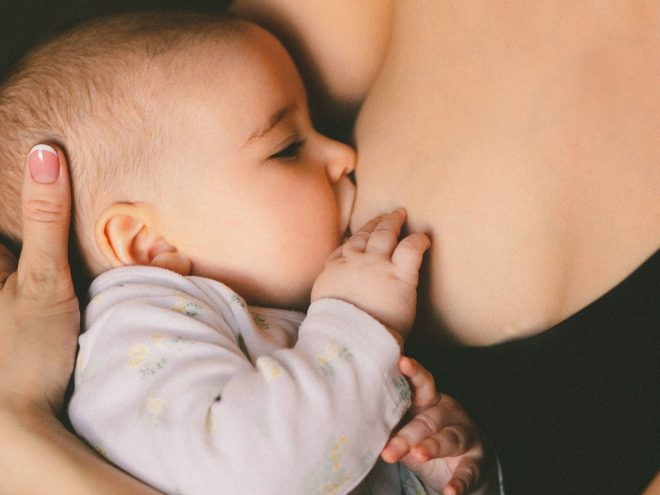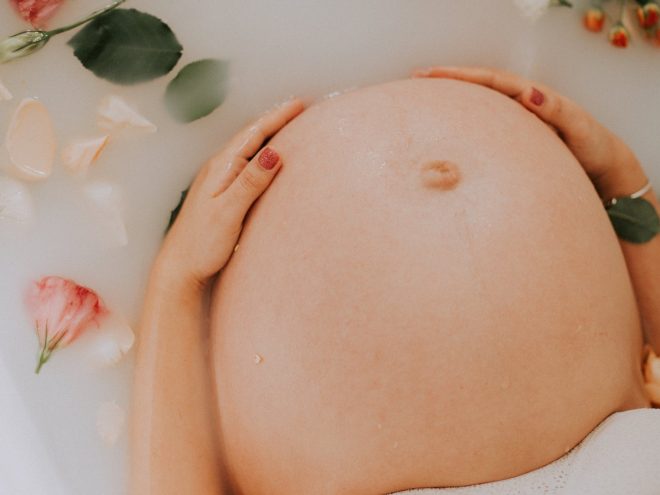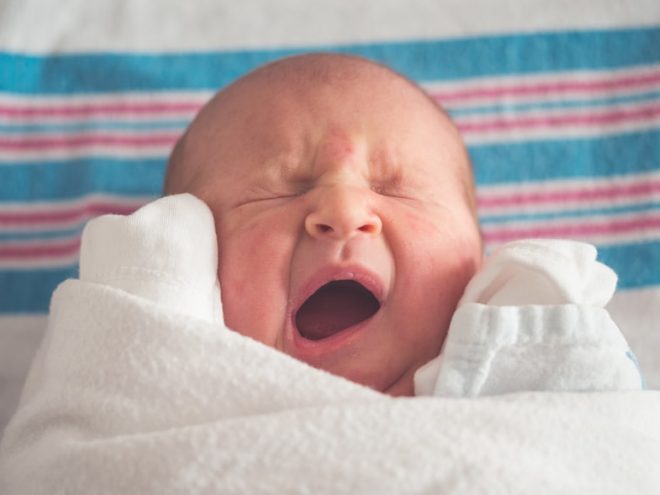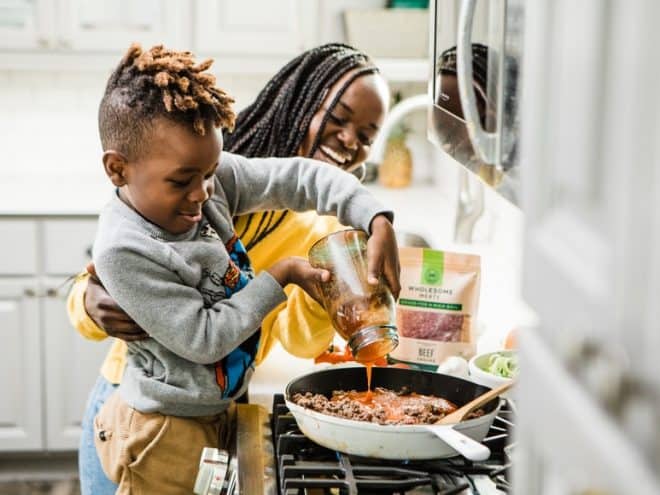Having a baby is one of the most wonderful moments of many people’s lives. New parents experience wonder, joy, and a love so deep they didn’t know it existed. However, not every emotion associated with having a child is positive.
Many new moms experience a condition known as postpartum depression, or PPD, after giving birth. PPD can make moms feel anxious, sad, and even crazy in extreme cases. If you’re concerned that a friend is struggling with postpartum depression, there are a number of steps you can take to help.
Symptoms of Postpartum Depression
After pregnancy, hormone levels abruptly change and many new mothers experience imbalances in mood and mental health. Depending on the stressors in their life, new moms may experience anything from low anxiety to vivid hallucinations of their child being harmed.
Anxiety in new mothers can be diagnosed differently depending on their specific symptoms. Going from slight to severe symptoms, diagnoses include postpartum anxiety, postpartum depression, and postpartum psychosis.
Common symptoms of postpartum anxiety and depression include feeling anxious, sad, hopeless, and like a failure as a parent. When moms have postpartum psychosis, they may experience hallucinations and intense paranoia.
Most moms experience stress for the first two weeks postpartum. They’re not getting regular sleep, they’re healing from giving birth, and they have a new sense of responsibility for their child. However, healthy moms shouldn’t experience intense anxiety beyond this point.
As many as one in seven women experience PPD after childbirth in the U.S. alone. Thankfully, there are several effective treatments available that help women recover. These include talk therapy, meditation, medication, and other self-care practices. It’s important to talk to a doctor to find the best treatment for each individual case.
- Listen to Her
Unfortunately, many new moms are ashamed or embarrassed to talk about what they’re experiencing. They feel like they’re failing at being a good mom, and the heaviness of their emotions prevents them from asking for help.
If you’re concerned that a friend is experiencing postpartum anxiety or depression, one of the best ways you can help is by giving them a safe space to share their experiences. Because PPD is easy to hide, it’s a good idea to ask about it even if your friend seems fine.
- Reduce the Stigma
Although many people today struggle with their mental health, there’s still a lot of stigma and shame surrounding this topic. Many people feel that having racing or intrusive thoughts is a sign of weakness or moral failure. However, most mental health struggles are caused by a physical issue or past trauma.
When you talk about PPD, make sure you explain that it’s a common medical issue that many women experience to varying degrees. Validate your friend by separating PPD from moral failure, and offer to go with her if she ever needs to ask a doctor for help.
- Offer Everday Help
Moms who are physically exhausted and feel overwhelmed are more likely to experience PPD. Although some new parents really enjoy being alone during the first few weeks after having a baby, others will appreciate having some help.
There are many ways you can help take care of your friend physically and mentally. For example, you could take your friend food, offer to run errands for her, help her clean her house, or hold the baby for an hour so she can take a shower or a nap. Find ways to serve your friend without asking too many questions about how you can help.
- Prioritize Her Needs
Although new parents are thrilled to have a baby, they may also need to process losing their old independence and taking on completely new responsibilities. If your friend is struggling with postpartum depression, you can help by treating her as an individual with her own wants, needs, and desires.
When you go to meet the baby, ask how your friend is doing too. After she’s had some time to rest, invite her to do things with you outside the house. Try to pick activities that are quick and baby-friendly so they don’t make your friend feel stressed. You can also plan fun activities to do with her at home, like baking cookies or having a movie night.
- Give Verbal Encouragement
Whether or not your friend is experiencing postpartum depression, all new moms can use some encouragement. Use text messages, social media, phone calls, cards, and visits to remind your friend that you see her, you love her, and she’s doing a great job at being a mom.
Sometimes, this kind of encouragement is the best way to reveal any pressure your friend is feeling. If she cries when you tell her she’s a good mom, it’s very possible that she doesn’t believe it. Being a cheerleader can help your friend advocate for herself mentally so she doesn’t succumb to the lies PPD may try to tell her.
Mama’s Health Matters
It’s easy for new moms to neglect their physical and mental health because they’re so focused on their baby. However, healthy babies need healthy moms to take care of them. During this unique life season, it’s essential that moms continue to care for themselves.
Use this list to support a friend you think may be struggling with PPD. If symptoms worsen, don’t wait to see if she’ll get better on her own. Bring up your concerns so that she can get medical help and enjoy this special time with her newborn. PPD is incredibly common, but it’s not something any mama has to live with.





